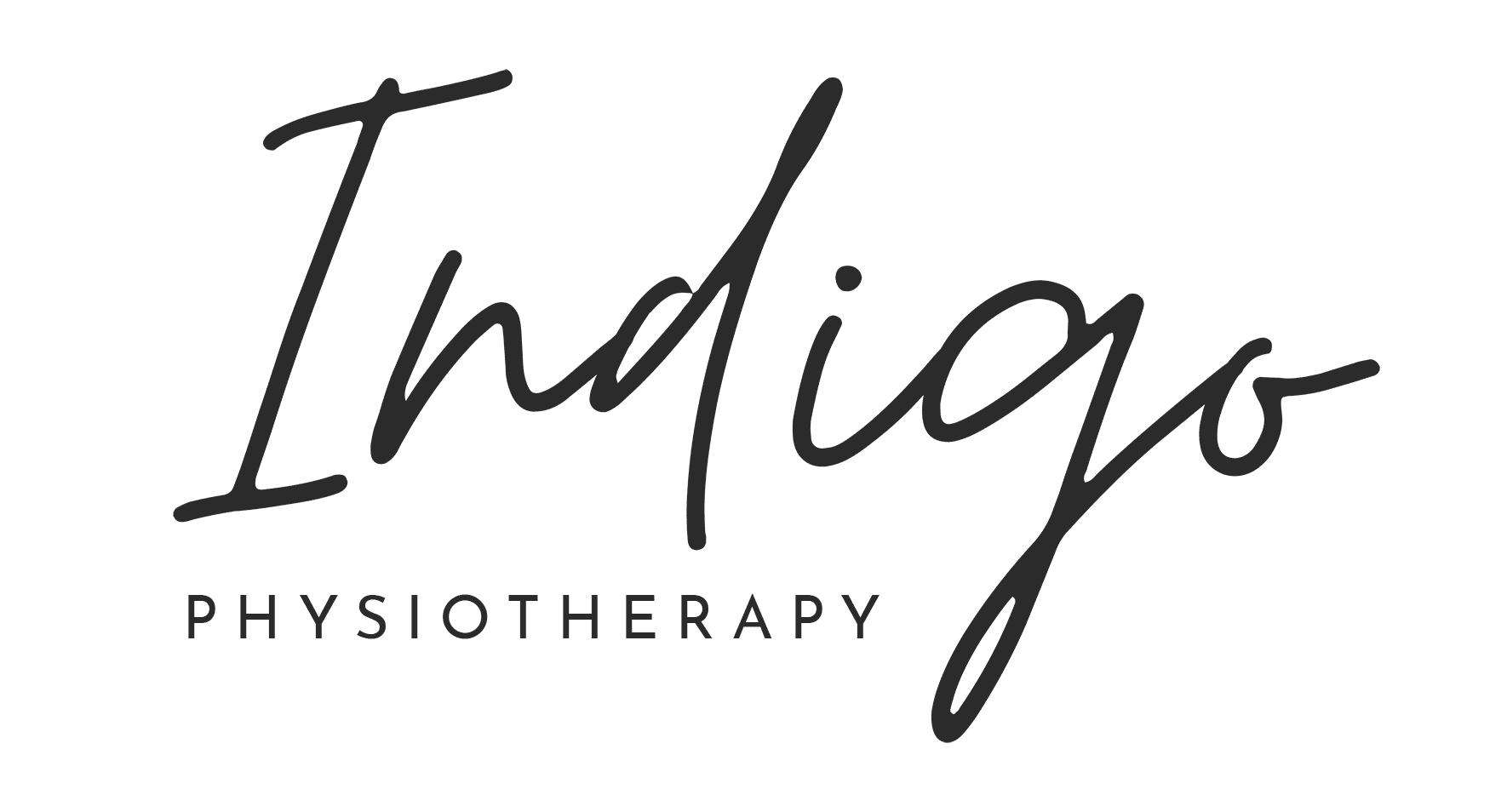If you’re in the early stages of pregnancy and already dealing with lower back pain, you’re definitely not alone. Up to 70% of pregnant people suffer from back aches at some point in their pregnancy and 28.3% report back pain in the first trimester according to 2023 research, which can be both unexpected and worrying. Maybe you’ve been wondering, “Is lower back pain normal in early pregnancy?” or “Why does my back hurt so much in the first trimester?” The truth is, a sore back is quite common in the early stages, and there are some clear reasons why it happens.
In this article, we’ll explore why back pain happens in the first trimester and give you easy ways to manage it. By the end, you’ll understand what’s happening with your body and pick up some handy tips to ease the discomfort. Let’s dive into why back pain pops up in the first trimester and how you can find relief.
What Causes Lower Back Pain in Early Pregnancy?
There are a few key reasons why you might be feeling that ache in your lower back during the first trimester. Your body is going through major changes, and these shifts are often the culprits behind early pregnancy back pain.
1. Hormonal changes
One of the main reasons for backaches in early pregnancy is the increase in certain hormones, especially a hormone called relaxin. Relaxin helps your body get ready for labor by loosening the ligaments in your pelvis and softening the cervix. While this hormone is essential for childbirth, it can also contribute to increased mobility in your pelvis and lower back, leading to discomfort.
Your body doesn’t just produce relaxin later in pregnancy; it kicks in pretty early, which is why some people start feeling the effects on their lower back during the first trimester.
2. Postural changes
As your pregnancy progresses, your center of gravity begins to shift. Even early on, the way you stand and move might change without you realizing it. You may start arching your back more to balance the weight of your growing belly, which puts extra pressure on the muscles and ligaments in your lower back.
These subtle shifts in posture can contribute to imbalances in your body, which may lead to lower back pain as your muscles adjust to these changes, some muscles may become overworked or strained, creating tension and contributing to the discomfort.
3. Changes in activity level
During the first trimester, many people experience fatigue or sickness, which can lead to reduced activity levels. This decrease in movement can contribute to back soreness, as regular exercise and walking are important for reducing and managing discomfort. Even short, gentle walks can help alleviate back pain and support your body’s adjustment to pregnancy.
4. Stress
Pregnancy can bring its share of emotional challenges, and sometimes that stress can show up physically. When you feel stressed, your body might respond by tensing up, especially in areas like your back, shoulders, and neck. This tension can contribute to discomfort or even make existing back pain feel worse. Taking time for relaxation and self-care can help ease both emotional and physical stress during pregnancy.
Is Lower Back Pain Normal in Early Pregnancy?
Yes, lower back pain in early pregnancy is common. Many people worry that something might be wrong when they start feeling back pain in the first trimester, but it’s often just a normal part of the changes your body is going through. Of course, if your pain is severe, accompanied by bleeding, or you have other concerning symptoms, it’s important to speak to your healthcare provider.
However, mild to moderate lower back pain is generally considered a typical symptom of early pregnancy.
How Can You Relieve Lower Back Pain in Early Pregnancy?
Now that we’ve covered why back pain happens, let’s talk about what you can do to manage it. The good news is, there are several simple steps you can take to ease your discomfort. Here are some tried-and-true methods that can help reduce backaches during pregnancy:
1. Focus on posture
Since changes in posture can be a contributing factor for back pain during pregnancy, being mindful of how you sit and stand can make a big difference. Try to stand up straight, prioritize more of a stacked posture, wear supportive shoes, and avoid slouching which puts more strain on your lower back. When sitting, make sure you have good lumbar support—a pillow or rolled-up towel behind your lower back can help.
If you spend a lot of time sitting, make sure your chair supports your back well, and take breaks to stand and stretch every hour or so.
2. Stretch regularly
Gentle stretches can help relieve tension and keep your muscles feeling more relaxed. Incorporating a few hip and lower back stretches into your routine can be particularly beneficial. Sometimes, tightness in the hips—due to the body adjusting to pregnancy changes—can contribute to back discomfort. Simple stretches like seated forward bends or hip openers can help ease this tension and provide relief.:
Cat/Cow stretch
Start on your hands and knees.
- Inhale, arch your back and lift your pelvis.
- Exhale, round your back and tuck your pelvis.
Repeat 10-15 times.
Child’s Pose
Start on your hands and knees.
- Lower your hips back toward your heels, stretching your arms forward.
- Hold for 20-30 seconds, then return to start. Repeat as needed.
Figure 4 Stretch
Lie on your back with knees bent.
- Cross one ankle over the opposite knee.
- Gently pull the opposite thigh toward your chest.
Hold for 20-30 seconds, then switch sides.
If you’re unsure what stretches are safe during pregnancy, consult with a physical therapist or your healthcare provider to ensure you’re doing exercises that won’t harm you or your baby.
3. Use heat therapy
Applying a heating pad or warm (not hot) compress to your lower back can help soothe sore muscles and reduce discomfort. Heat therapy increases blood flow to the area, which promotes healing and relaxes tight muscles. Just be careful not to use heat for too long, and avoid placing anything too hot directly on your skin.
4. Wear supportive shoes
Wearing flat shoes with good arch support can help keep your body aligned and reduce the strain on your lower back. Unsupportive footwear, like high heels or shoes without adequate cushioning, can disrupt your body’s mechanics and increase tension in these areas. If your shoes don’t provide enough support, consider using insoles that offer extra cushioning and arch support.
5. Sleep with support
How you sleep can also affect your back pain. As your pregnancy progresses, you’ll likely need to adjust your sleep position to find what’s comfortable. Lying on your side with a pillow between your knees can help keep your spine aligned and reduce pressure on your lower back.
A body pillow can be especially helpful for added support as your pregnancy advances. You can place it under your belly and between your knees to take the strain off your back while you sleep.
6. Stay active
Even though it might seem counterintuitive, staying active can actually help relieve back pain. Low-impact exercises like walking, swimming, and prenatal yoga can strengthen your core muscles and improve your posture, both of which are essential for maintaining a healthy back during pregnancy.
Regular movement can help prevent muscle stiffness and tension, reducing discomfort. For personalized guidance, consult with a pelvic health physical therapist, or check with your healthcare provider before starting any new exercise routine.
When Should You Be Concerned About Lower Back Pain?
While lower back soreness is common in early pregnancy, it’s important to consult with a pelvic floor physical therapist who specializes in treating pregnancy-related issues to address any discomfort. Back pain doesn’t have to be something you live with for the entire pregnancy. If the pain is severe, unrelenting, or doesn’t improve with gentle stretches, heat, or movement, it’s best to seek medical attention.
These could be signs of something more serious, like a urinary tract infection or even an ectopic pregnancy, which requires immediate medical attention. In general, mild to moderate lower back pain is a normal part of pregnancy, but it’s always a good idea to err on the side of caution if something doesn’t feel right.
Can Back Pain Be Prevented?
While back pain can occur during pregnancy, there are definitely ways to reduce your risk and manage symptoms before they get too bad. By maintaining good posture, staying active, and being mindful of your body’s changes, you can help minimize the discomfort associated with early pregnancy back pain.
Here are some key takeaways to help prevent lower back pain:
- Maintain good posture: Be mindful of how you stand and sit, and avoid slouching.
- Stay active: Low-impact exercise can help keep your muscles strong and prevent stiffness.
- Wear supportive shoes: Proper footwear can improve your posture and reduce strain on your back.
- Sleep with support: Use pillows to keep your spine aligned while you sleep.
- Stretch regularly: Gentle stretching can help keep your back muscles loose and reduce tension.
First Trimester Back Pain: The Bottom Line
Lower back pain in the first trimester is a common experience, but it doesn’t have to take over your life. Understanding why it happens and how to manage it can make a huge difference in how you feel during the first trimester and beyond. By taking simple steps to adjust your posture, stay active, and support your body as it changes, you can ease the discomfort and get back to enjoying this exciting time in your life.
If you’re ever unsure about your symptoms or need more advice, don’t hesitate to reach out to a healthcare professional or a pelvic floor physical therapist. Any level of back pain during pregnancy can be addressed, and early intervention can help manage discomfort and support your overall well-being.







